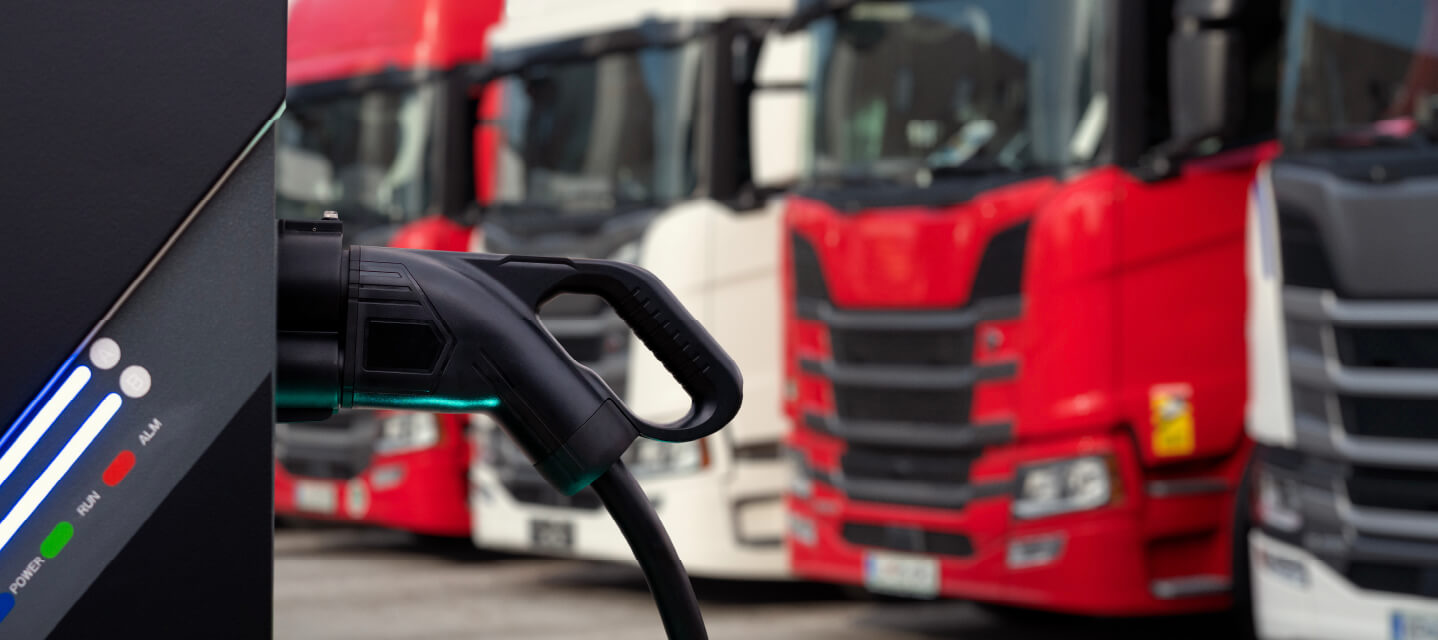Exploring the varied benefits of fleet electrification
Transitioning your fleet to electric vehicles is about more than just going green. Discover the benefits of EVs on improving your bottom line.
By Geotab Team
Mar 2, 2021
Updated: Mar 16, 2021
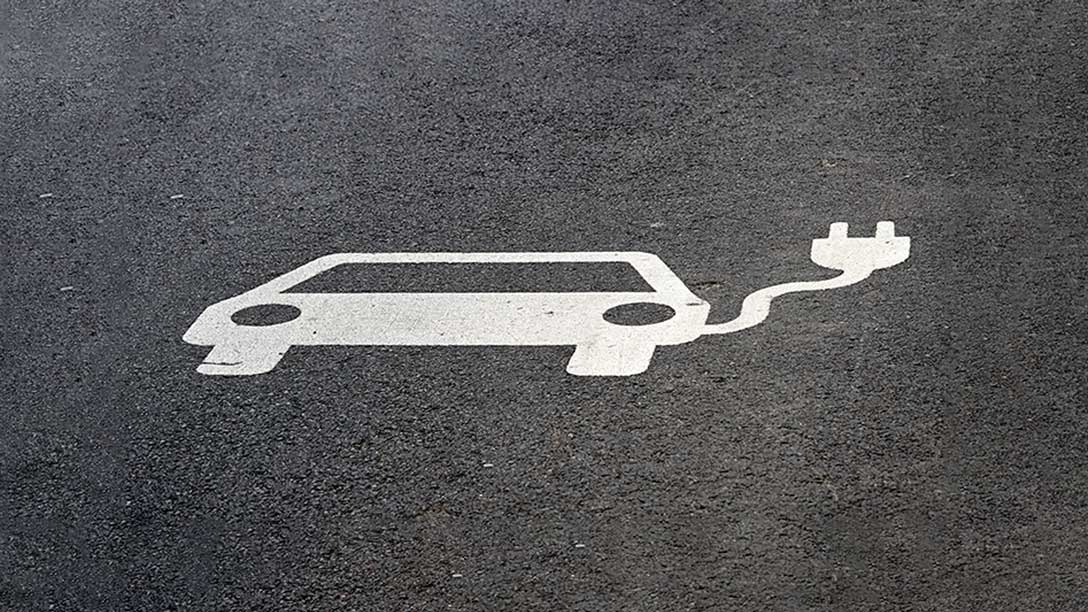
With the growing number of electric vehicle (EV) models entering the market, there has never been a better time to begin the process of fleet electrification. While there is a large emphasis on the environmental impact of transitioning to electric vehicles, there are also many other considerations to keep in mind. Let's explore the full range of benefits that make switching to EVs more desirable for fleet managers.
EVs may help keep your employees and assets safe
Regardless of the size of your company, safety should always be a top priority. When comparing electric vehicles to internal combustion engine vehicles (ICEs), EVs are generally considered safer than their traditional counterparts. This is because EVs go through additional safety certifications on top of the established safety testing and standards requirements.
An example of an additional test specific to electric vehicles is securing the battery to prevent issues in the case of a collision. This leads into the next safety benefit: the weight and placement of the vehicle's battery.
The battery packs in EVs are distributed along the bottom of the vehicle, providing a lower centre of gravity. This makes them less likely to roll over during a collision — a factor that statistically increases the fatality rate of a collision.
Lastly, battery electric vehicles (BEVs) are structurally safer than ICE vehicles as they do not have an engine and the related components. This creates additional space to act as a crumple zone, which protects the occupants from absorbing most of the energy in the event of a collision.
Electric vehicle manufacturers are continuously improving the on-board safety measures. They are also beginning to include them as standard features, making them some of the safest vehicles on the road.
Fleet electrification may help improve your bottom line
While the upfront cost on an EV might be higher than a comparable ICE vehicle, there are other benefits that provide significant lifetime savings.
Since electric vehicles have fewer moving parts, they incur lower maintenance costs. Fully electric vehicles do not require oil changes or transmission fluid flushes. There are no timing belts or spark plugs to be replaced. No engine means that you don't need to be concerned about a seized or misfiring cylinder. Finally, EVs utilise a regenerative braking system, which reduces the wear and tear on brake pads.
Saving on fuel costs is another considerable benefit of driving an EV. Forbes stated that it costs less than half as much to travel in an EV compared to a petrol-powered vehicle. This is due to electric vehicles being three to four times more efficient at converting energy. Another factor is that the average cost of electricity is lower than other fuels. Electricity rates are also more regulated, meaning that they are more static throughout the year, unlike petrol prices.
The combination of reduced maintenance and a consistently lower fuel source make EVs less expensive over the lifespan of the vehicle. It also contributes to more predictable operating costs.
For an in-depth look at the actual costs of EVs, download The Ultimate Guide to Fleet Electrification.
Electric vehicles may improve quality of life
There is a reason why EVs are taking centre stage in the efforts to combat climate change. The EPA states that the transportation sector is the largest contributor of greenhouse gas (GHG) emissions, accounting for 28% of all emissions. Transitioning to electric vehicles will be essential for reducing our carbon footprint and achieving the climate goals of initiatives such as the Paris Agreement.
Zero emission vehicles, specifically BEVs, will have the largest impact. Their design eliminates exhaust emissions and can reduce overall emissions by 30–90% depending on the source of electricity.
EVs are also noticeably quieter compared to ICE vehicles. They significantly reduce noise pollution, which studies have shown can have various health implications. Stress reduction and hearing loss prevention were just two of the benefits that were attributed to switching to an EV.
How can you benefit from incorporating EVs into your fleet?
The EV market has advanced rapidly over the last couple of years. That being said, BloombergNEF has predicted that EVs should reach price parity by 2023 as battery costs continue to drop. These facts, alongside all of the additional benefits, make it clear that fleet managers should investigate electrifying their fleets.
Incorporating EVs into your fleet can seem like a daunting task. There are many aspects to consider, but when viewed as a whole the benefits outweigh the costs.
To learn more about the benefits of fleet electrification and getting started, download this free ebook: The Ultimate Guide to Fleet Electrification.
Subscribe to the Geotab Blog
The Geotab Team write about company news.
Related posts
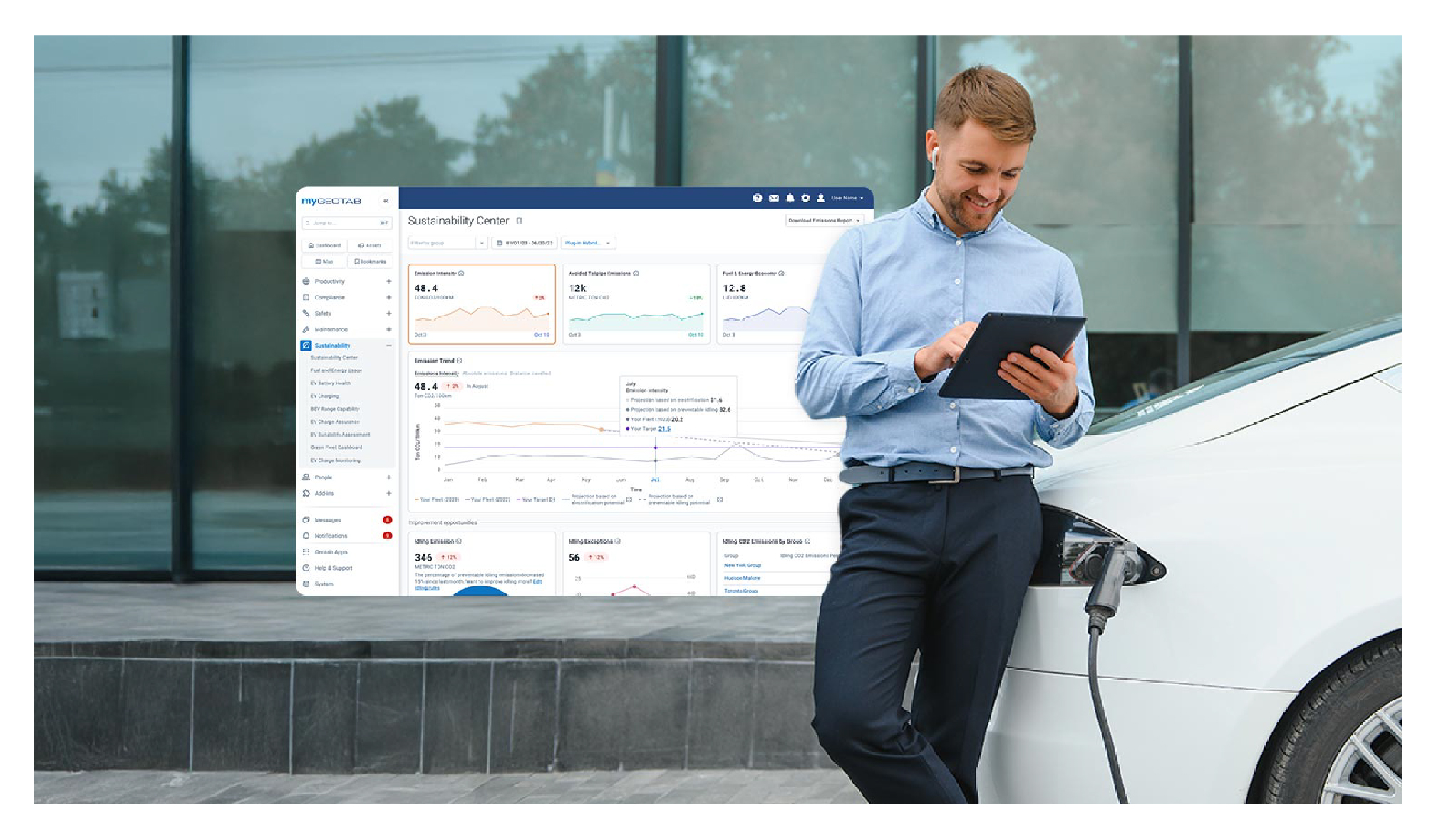
Geotab’s new fleet Sustainability Center simplifies fuel and emissions reduction
June 13, 2025
3 minute read
.jpg)
Lead with Trust: How Geotab Helps Businesses Navigate CSRD Compliance
March 19, 2025
2 minute read
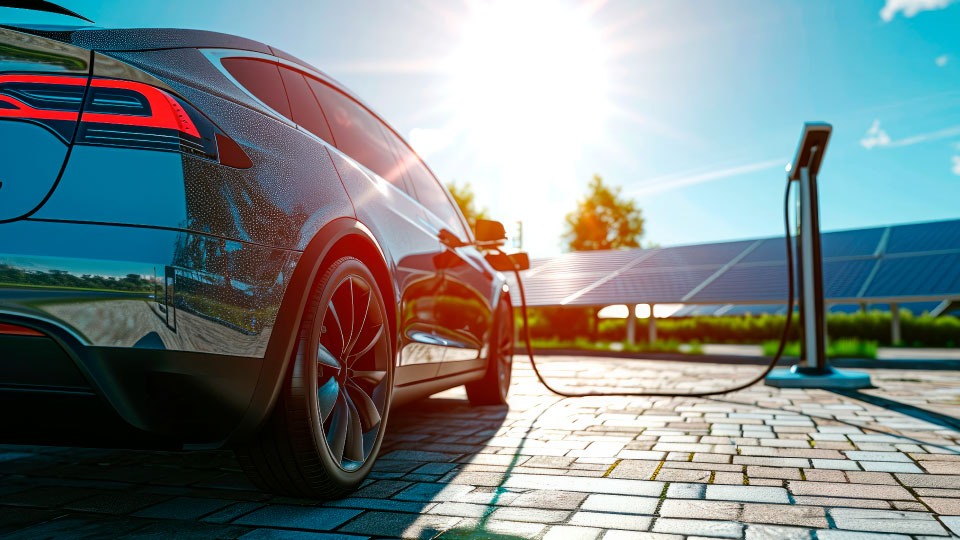
2030 or 2035, the UK Needs Meaningful Action on EVs Now
September 6, 2024
2 minute read
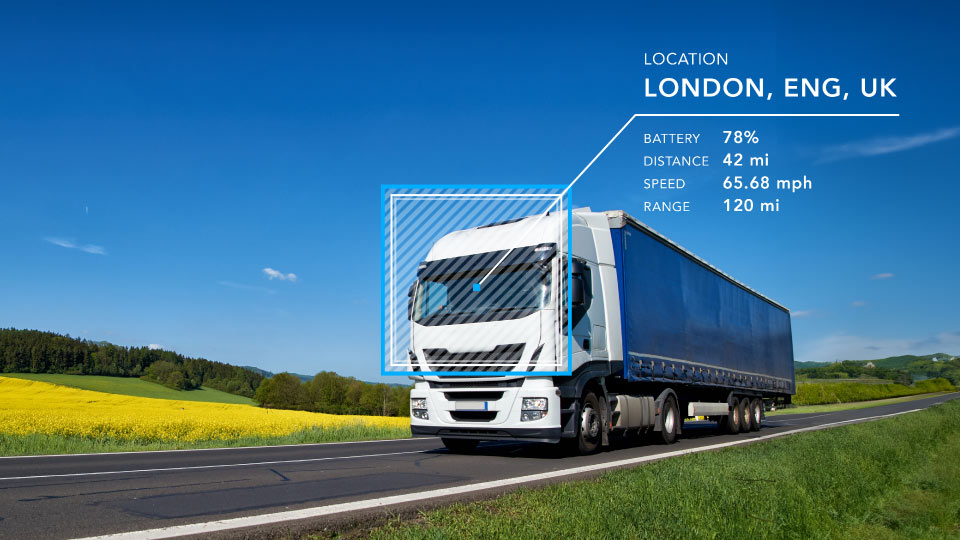
Driving smarter: Insights from Geotab’s “Taking Charge” Report
August 8, 2024
2 minute read

The art of the possible: Insights from Geotab’s “Taking Charge” Report
June 20, 2024
3 minute read

